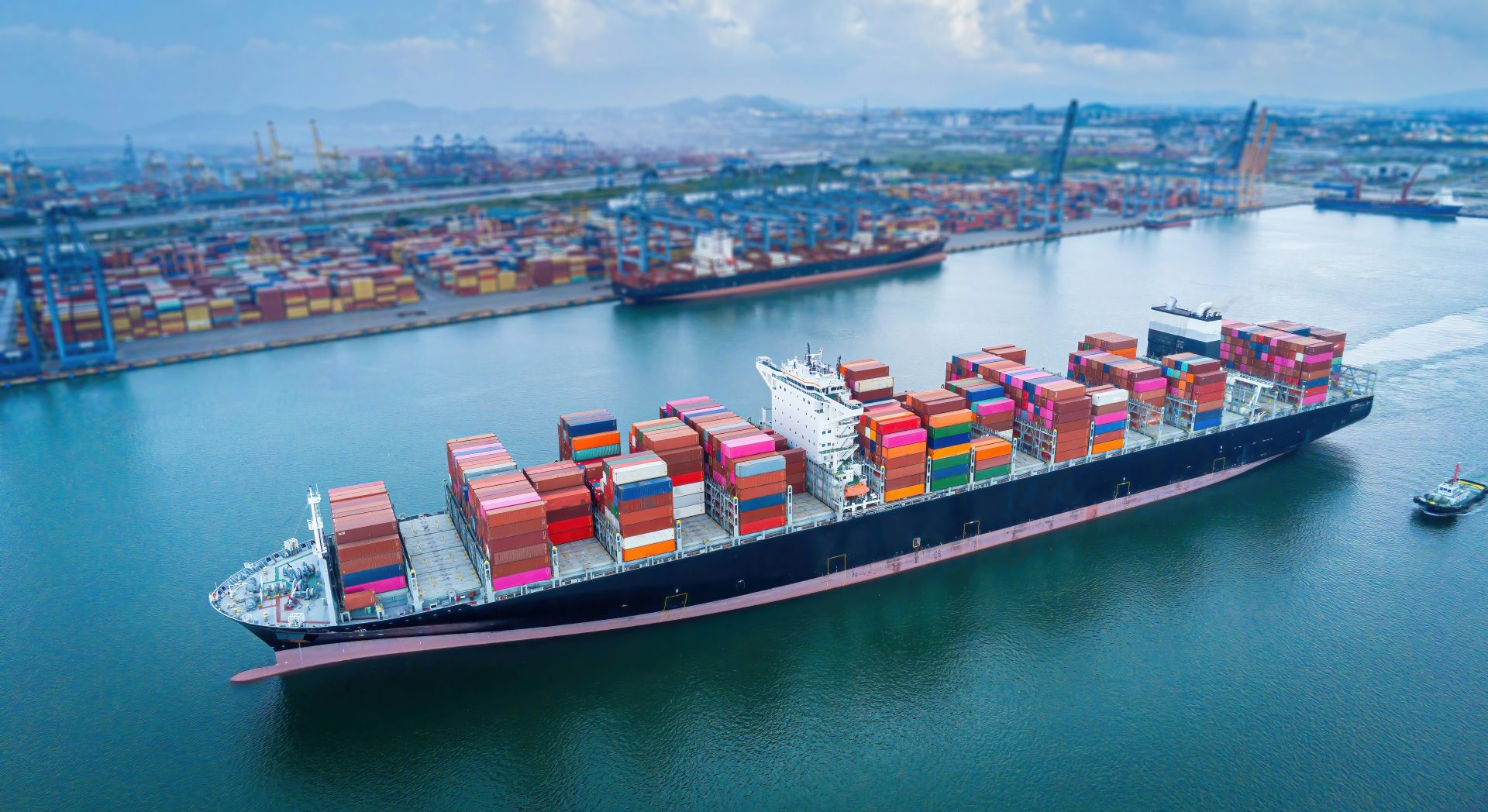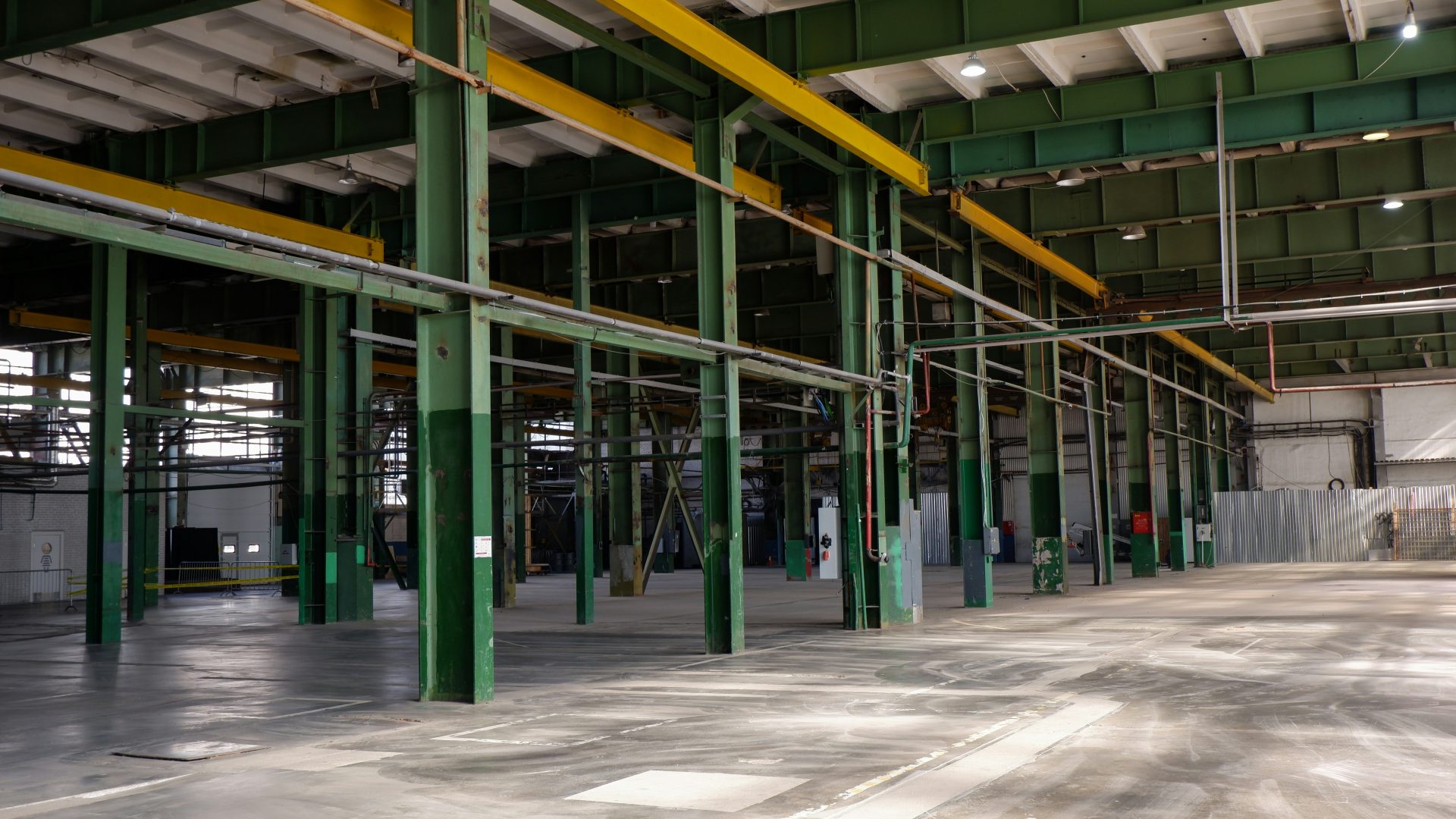Mitigating Supply Chain Risks Amid Geopolitical Turbulence
As geopolitical tensions are reshaping trade dynamics, Oscar Wendel, Editor-at-Large of MEA Finance, led a discussion at the Horasis Asia Meeting, part of the Global Freight Summit hosted by DP World at DEC in Dubai. The focus was on adapting to and mitigating risks from the anticipated impact of the incoming Trump administration on global supply chains.
The panel opened by highlighting the foundational role of supply chains in the global economy, emphasizing their vulnerability to geopolitical shocks. Wendel framed the conversation around the implications of U.S.-China tensions, regional instabilities, and technological disruptions, urging businesses to prepare for worst-case scenarios. Supply chains are the lifeblood of the global economy, but we are now facing increased complexity for many different reasons.
Claude Béglé, Chairman of SymbioSwiss and former chairman of the Swiss Post, underscored the urgency of adapting to a fragmented and uncertain world. Describing the possible consequences of a “total collapse of multilateralism”, he identified a Third World War or a complete fragmentation of global alliances as extreme risks to supply chains. “The worst-case scenario is a world where everybody becomes completely selfish,” Béglé warned, adding that such outcomes would lead to “economic decline, collateral damage, and the erosion of global trade cooperation.”
Diversifying Risks: Moving Beyond China-Centric Models
A recurring theme was the dependency on China in global supply chains, particularly in critical industries like semiconductors and pharmaceuticals. Wendel posed a thought-provoking question to Béglé: “What is the worst-case scenario if tensions escalate between the U.S. and China, especially around Taiwan?” Béglé offered a pragmatic response: “We want shorter supply chains and diversification away from China. Companies are looking at India and other non-Chinese suppliers to reduce risks.” Businesses must rethink the traditional models of centralized production and explore regional diversification.
Wendel added that a war between two technological superpowers might not involve traditional kinetic warfare but could instead take the form of cyber warfare, severely disrupting global supply chains. He highlighted the vulnerability of integrated systems, citing recent cybersecurity incidents as a warning. “CrowdStrike demonstrated how a small bug can have incredible consequences,” urging industries to build more resilient and secure networks.
Technological Solutions: Integration Without Fragmentation
While technology offers tools to streamline and secure supply chains, Béglé highlighted the risks of a fragmented digital landscape. He noted that geopolitical rivalries could create isolated systems, with countries developing their own platforms for critical technologies. “If the internet were to split into a Western internet and a TikTok-centric internet in China, it would create logistical challenges,” Béglé observed.
According to Béglé, the solution lies in fostering collaboration through neutral platforms like blockchain. “Blockchain can be an anonymous, apolitical tool,” he said, advocating for shared technological frameworks that respect local cultures and systems. Platforms like DP World, which aim to integrate diverse freight forwarders without imposing centralized control, offer a model for balancing efficiency with flexibility. “We need a platform where everyone can neutrally share data while maintaining their independence,” Béglé added.
The Human and Environmental Cost of Efficiency
Wendel raised an important ethical consideration: The pursuit of logistical efficiency at potentially too high a cost. “Has technology made logistics too good, transporting products that do not need to be shipped at all?” he asked, pointing to the environmental and social implications of transporting low-cost goods across the globe.
Béglé presented the tobacco industry as an example: “On average, a pack of cigarettes travels one and a half times around the world before reaching the consumer. Is it necessary? No. But does it increase profits? Absolutely.” He argued that the focus on quarterly results often overrides broader considerations of sustainability and equity.
The Role of the Caspian Region and Regional Corridors
As the panel looked beyond traditional trade routes, Murat Seitnepesov, President, Greater Caspian Association, highlighted the strategic importance of the Greater Caspian Region. He described it as a “safe and sustainable route” between China, India, and Europe, particularly in the context of disruptions caused by the Russian-Ukrainian war and Middle East conflicts. “The ancient Silk Road has become the Great Silk Road of today,” Seitnepesov said, urging the need for regional cooperation and corridor-based logistics. Such collaboration is essential for overcoming the challenges posed by landlocked regions facing multiple logistical and regulatory hurdles.
Mitigation Strategies: Collaboration and Decentralization
The discussion concluded with actionable insights for mitigating supply chain risks. Béglé stressed the importance of decentralization in production and logistics to reduce dependencies and vulnerabilities. He called for a balanced approach that integrates global platforms while respecting regional autonomy. “We need to allow countries and regions to maintain their systems while benefiting from shared efficiencies,” Béglé said. Wendel, in turn, emphasized the role of leadership and ethical responsibility in shaping the future of global trade. Reflecting on the broader implications of supply chain disruptions, he noted, “Raising the quality of life for all people should be the ultimate measure of success. It is not about total wealth but about achieving equitable growth.”



